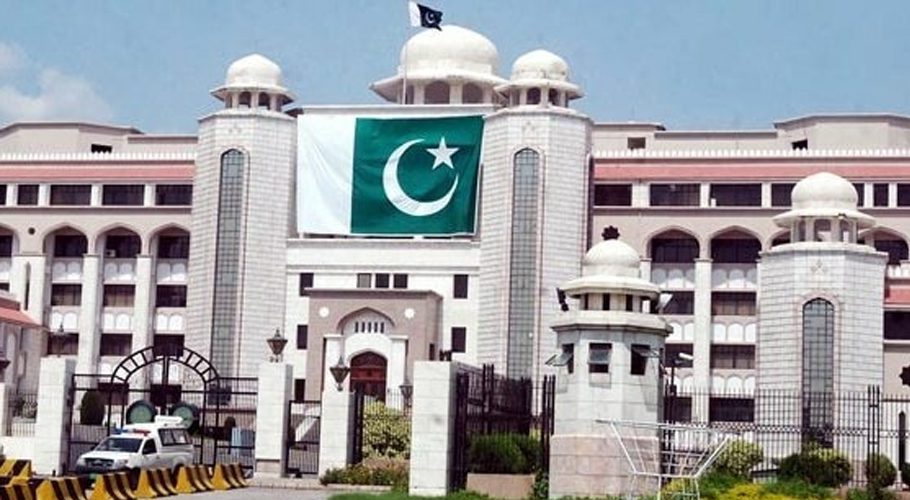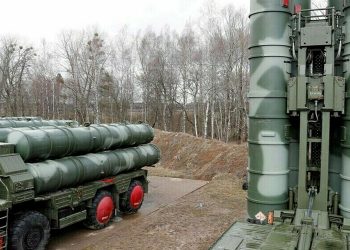ISLAMABAD: The Senate Standing Committee on Federal Education and Professional Training and National Heritage and Culture rejected the bill for the establishment of the Pak University of Engineering & Technology University passed by the National Assembly which envisages converting the PM House into a university.
The Senate Committee met under the Chairmanship of Senator Irfan-ul-Haq Siddiqui. The committee observed that instead of the establishment of a new university, the prevailing system should be enhanced and improved as an apt utilization of the budget.
The committee was of the view that the new disciplines/subject if any introduced can be incorporated in the existing universities and the financial resources can be utilized to enrich the extant institutions. The Chairman committee maintained that rejecting the bill does not have any ill will behind it but only in the larger interest of the education sector. “Political anemic cannot be used for education” he stated.
The committee also discussed the concerns of security lapses by the establishment of a university in the premises of the Prime Ministers’ House, which seems impractical and not feasible in an area with high security zone. The bill was rejected by majority members of the committee after due deliberation. Senator Fawzia Arshad abstain from voting on the bill.
Earlier today, the Economic Coordination Committee (ECC) also approved Technical Supplementary Grant of Rs. 3,500 million in favour of Higher Education Commission to set up the Pak University of Engineering and Emerging Technologies (PUEET).
Education for disadvantaged children
“The Right to free and compulsory Education (Amendment) Bill, 2022, introduced by Senator Fawzia Arshad, was passed unanimously. The bill seeks to provide maximum flexibility to the disadvantaged children in getting education, so that their constitutionally guaranteed right is protected and upheld.
Senator Fawzia Arshad presented that unfortunately there are many disadvantaged children in the Islamabad Capital Territory who cannot avail education in the formal way due to their weak socio-economic conditions. Through this bill, an informal way to educate the disadvantaged children is suggested for which government may collaborate with non-governmental organizations, corporate bodies, international organizations and individuals.
PSDP projects, teacher training
The committee approved all the PSDP education related projects and projects related to promotion and facilitation of women education were also approved. The committee was apprised that there are total 33 projects out of which 17 are on-going and 16 are new projects. The proposed budget makes a total of Rs12,489.305 million out of which Rs3,396.059 million are to be met by foreign aid and Rs9,044.691 are to be met locally.
The committee made analysis that 90% of teachers in Pakistan are untrained. It emphasized the need for teachers training programs and proposed recommendation on introducing projects for teachers training for this year. The committee also recommended establishment of a transgender school to promote transgender social inclusion and equality.
While approving the PSDP budgetary proposal of the National Heritage and Culture Division, the Chairman Committee emphasized on establishment of multi-purpose buildings to fully utilize the government resources for performing arts and literature. Irfan Siddiqui stressed that steps should be taken for the promotion and awareness of our cultural and historical heritage.
University of Peshawar
Matter pertaining to the issues faced by the teaching and non-teaching staff of the University of Peshawar were also discussed. The committee regretted the non-availability of the Vice chancellor. The chairman committee decided to plan a visit to the Peshawar University in the next meeting and address the problems of the administration and teachers.
The chairman committee also gave directions to hold joint meetings between the Vice Chancellor, the teaching staff and the administration to discuss the issues for the resolution of the matter in hand.



































